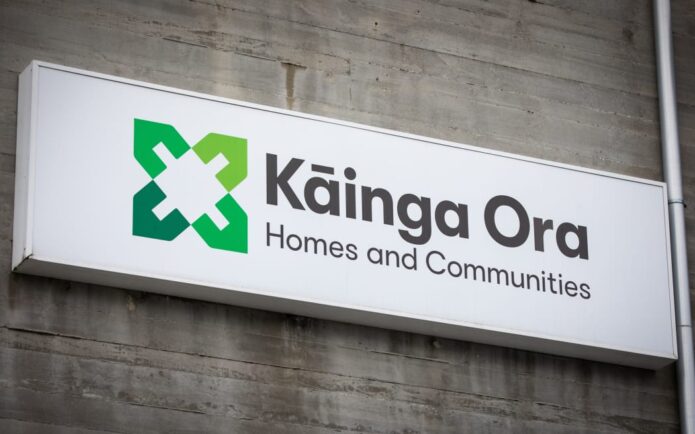PHOTO: FILE
Wellington’s Housing Market Struggles Amid Economic Downturn
The Wellington housing market, once a beacon of stability, is facing turbulent times. A sharp decline in jobs, highlighted by recent data showing an 11.6% drop in employment in Wellington City, has cast a long shadow over the region’s real estate sector. This economic upheaval has created a flood of property listings, but with a struggling market, the demand to match this supply seems elusive.
Wellington City’s estimated population was 216,200 in 2023. In 2018, there were approximately 80,000 dwellings, 41% of which were rented
Economic Woes and Job Losses
Economist Shamubeel Eaqub’s analysis paints a grim picture of the capital’s employment landscape. The city has seen over 19,430 jobs disappear in a year, with Health New Zealand’s voluntary redundancies contributing to the staggering figures. While Auckland experienced job losses too, the impact in Wellington, with its smaller workforce and significant public sector reliance, has been disproportionately severe.
The city’s dependence on public sector employment means that cuts to government and health roles reverberate widely, affecting not only workers but also businesses that rely on their spending. This trickle-down effect is deeply felt across the wider Wellington region, contributing to a shift in housing market dynamics.
As of October 2024, the median house price in Wellington, New Zealand is $795,000. However, house prices in the Wellington region have been falling and are now about 20% lower than their post-COVID peaks.
Housing Market Challenges
Wellington’s job losses are reflected in its property market, with an increasing number of homes listed for sale but fewer buyers able to commit. Rising interest rates, tighter lending conditions, and general economic uncertainty compound the issue, leaving many potential buyers hesitant to invest.
The contrast with other housing markets, such as Sydney’s booming luxury real estate sector, is stark. While Australia breaks records for high-value property transactions, Wellington faces a slump, with properties languishing on the market longer and vendors forced to adjust prices downward to attract buyers.
The Struggle to Balance Supply and Demand
Economic downturns often lead to a mismatch in housing supply and demand. In Wellington, job losses have driven some families to relocate in search of opportunities, contributing to a surplus of available homes. At the same time, the reduced earning capacity of the remaining population diminishes demand.
The capital’s challenges are exacerbated by broader national trends, including inflation and stagnant wages, which reduce disposable income and the ability to save for homeownership.
What Can Be Done?
To address Wellington’s housing struggles, economic revitalization must be a priority. Investments in diverse industries beyond the public sector could reduce the region’s vulnerability to government cuts. Additionally, policies aimed at supporting first-home buyers, such as relaxed lending criteria or financial incentives, could stimulate demand.
The situation also highlights the need for long-term planning to ensure that housing supply aligns with realistic population and employment projections.
Looking Forward
The Wellington housing market’s challenges underscore the interconnectedness of economic health and real estate trends. As policymakers grapple with the fallout of widespread job losses, the capital’s housing market serves as a stark reminder of the ripple effects of economic policy decisions.
For prospective buyers, the current conditions may present opportunities, but for many Wellingtonians, the struggle to navigate a fragile economy and an oversupplied housing market continues. Only a concerted effort to rebuild the city’s economic foundation can restore balance and confidence to its real estate sector.
-
Suburb pricesThe most expensive suburb in Wellington is Seatoun, with a median house price of $1,756,800. The least expensive suburb is Wellington Central, with a median house price of $481,450.
-
Fastest-growing suburbTotara Park had the fastest-growing house prices in Wellington over the last 24 months, at -1% per year.
-
Slowest-growing suburbFeatherston grew the slowest over the last 24 months, at a rate of -11% per year.
-
Cheapest places to livePorirua, Lower Hutt, and Upper Hutt are some of the cheapest places to live in Wellington.STATISTICS SOURCE: OPES PARTNERS












